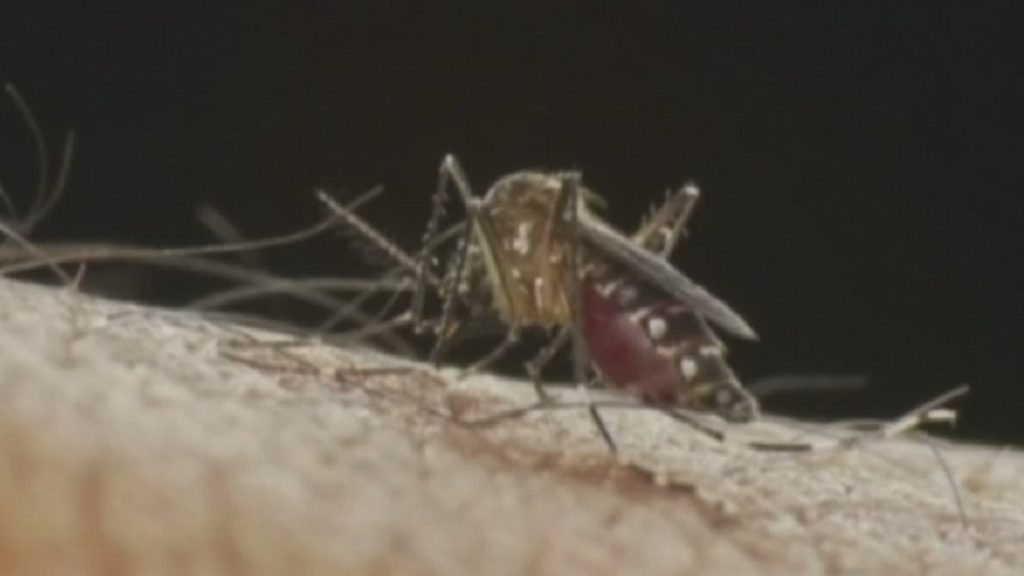As warmer temperatures settle in Ontario, pest control experts are warning that the mosquito season may be more intense this year due to recent and forecasted weather patterns. Bernie Grafe, a manager with Orkin Canada, indicated there has already been a significant uptick in pest control calls related to mosquitoes. He predicts that the mosquito season could extend well into the fall, impacted by the various weather conditions the region has experienced.
Grafe explained that the combination of ice and snow storms during winter and early spring, along with recent thunderstorms, has created wet conditions ideal for mosquito breeding. With both daytime and nighttime temperatures on the rise, these factors collectively contribute to an expected surge in mosquito populations in the coming weeks. Grafe noted that mosquito-related service calls are among the top two reasons for customer contact as the peak season hits in July.
Steven Flisfeder, a warning preparedness meteorologist from Environment and Climate Change Canada, provided additional context by noting that while precipitation can vary significantly in localized areas, the Toronto area itself experienced drier-than-normal weather conditions over the first four months of 2025. However, he pointed out that regions in northwestern and northeastern Ontario, as well as areas surrounding Georgian Bay and ‘Cottage Country,’ saw higher-than-normal precipitation during the same timeframe.
Flisfeder mentioned that while providing a long-term forecast for precipitation remains complex, indicators suggest an increase in precipitation may occur as we approach late May and early June. He also confirmed that Ontario has experienced a warmer winter and early spring—particularly in the northern parts of the province—and projected that above-seasonal temperatures are expected in the upcoming months.
The concerns surrounding mosquitoes are twofold, Grafe emphasized: the potential for diseases, such as West Nile Virus, to spread, and the discomfort caused by mosquito bites. He stated, “That itching, that scratching, that annoyance, you know, can cause a significant amount of stress on a person.” The growing mosquito population raises concerns not only for public health but also for personal comfort and outdoor activities.
CityNews reached out to Toronto Public Health to discuss local measures being taken to mitigate mosquito concerns. While a spokesperson was not available for an on-camera interview, they provided a statement indicating that city staff plan to place larvicide in catch basins and other areas with stagnant water starting in early June to combat the mosquito issue.
For residents looking to minimize their chances of being bitten, officials from Toronto Public Health recommend several preventative measures. These include wearing light-colored, long-sleeved clothing, using insect repellents that have been approved by Health Canada, exercising caution at peak times when mosquitoes are most active (particularly around sunrise and sunset), and ensuring that window and door screens fit snugly to keep mosquitoes out.
Grafe reiterated these recommendations and provided additional tips for avoiding mosquito bites. He suggested that individuals should consider sitting away from vegetation and in sunny areas since mosquitoes are typically repelled by sunlight. Furthermore, he advised regularly cleaning stagnant water sources, such as bird baths, every few days and removing excess debris from properties that could provide shelter for mosquitoes.












